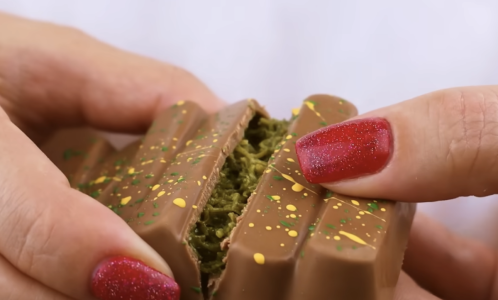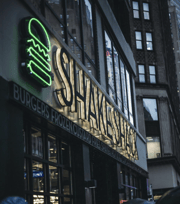
A recent alert from federal health officials has many shoppers taking a closer look at what’s in their pantry. A popular treat sold across multiple states is now under recall, raising concerns for some consumers. If you’ve stocked up on snacks in the past few months, this update might be worth your attention.
The recall impacts thousands of units sold earlier this year, and the classification suggests there’s still reason to be cautious.
Here’s what’s been announced—and what you should check before taking another bite.
Why the chocolate is being recalled
On October 22, the US Food and Drug Administration (FDA) officially classified a recall of Dubai Style Chocolate as a Class II health risk.
That means the product may cause temporary or medically reversible adverse health effects, with only a remote chance of more serious consequences.
The product—sold by Rolling Pin Baking Company LLC, based in New York—contains undeclared wheat, one of the nine major food allergens required by US law to be clearly listed on packaging.
The voluntary recall was first initiated by the company on August 29.
Also read: Highest risk warning issued as mushroom recall expands nationwide
What was sold—and where
The recall applies to the 17.64 oz stand-up pouch of Dubai Style Chocolate, with UPC code 642461215854.
A total of 127,680 units were distributed between May 1 and August 29, 2025.
According to the FDA, affected products were sold in the following states: Washington, Oregon, Montana, Utah, Idaho, Colorado, California, Florida, Georgia, Arizona, North Carolina, Alabama, Tennessee, and South Carolina.
As of the latest update, there have been no reports of illness connected to the recalled product.
Also read: Could your favorite Coca-Cola drink be contaminated? FDA issues urgent recall warning
Why this matters for people with allergies
Wheat is one of the most common food allergens in the US, along with milk, eggs, fish, shellfish, tree nuts, peanuts, soybeans, and sesame.
Even small amounts of exposure can trigger a range of reactions in people who are allergic or sensitive.
According to Food Allergy Research and Education (FARE), wheat allergies most often affect young children, though adults can also experience reactions. .
Symptoms may include hives, swelling, digestive upset, and in more severe cases, anaphylaxis—a potentially life-threatening condition.
The FDA notes that all packaged food products are legally required to declare allergens. “To protect those with food allergies and other food hypersensitivities, the FDA enforces regulations requiring companies to list ingredients on packaged foods and beverages,” the agency states.

Also read: PepsiCo’s latest recall raises concerns for health-conscious consumers
What to do if you purchased this chocolate
Consumers who have a wheat allergy or sensitivity are advised not to eat the recalled product.
You can check the label for the UPC code and size to determine whether your product is part of the recall.
The recall is still active, and the company has not issued any additional public statement.
As with all allergy-related recalls, products can sometimes remain on store shelves or in household pantries even after a warning has been issued.
If you or someone in your household has a wheat allergy, it’s worth double-checking your pantry for this specific chocolate.
Even products that look familiar can sometimes carry hidden risks.
Staying informed and cautious can help prevent avoidable health issues—especially when it comes to food allergens.
Read next:
- Food recall alert: What one frozen product’s mistake means for consumers
- Is your cholesterol medication affected by a nationwide recall? Here's what to know
- A listeria recall could involve a breakfast favorite—here’s what to know
Have you ever discovered a recalled product in your home after a public warning was issued? How do you stay informed about food safety news? Let us know in the comments—we'd love to hear how you handle food recalls in your household.






